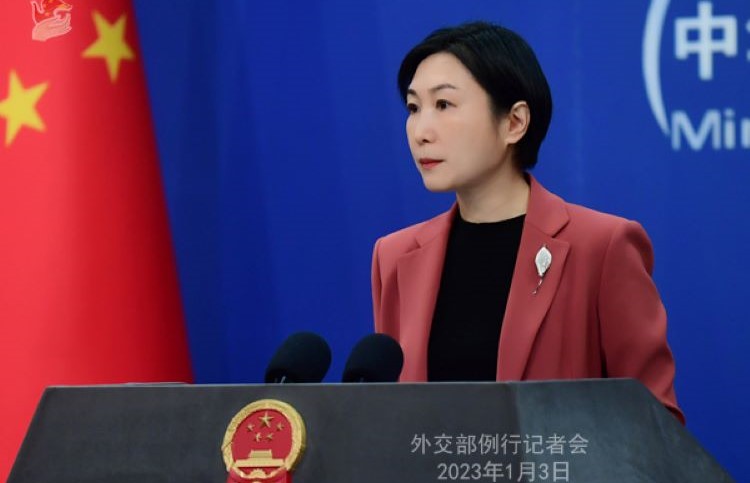Eduardo González
The EU Single Market, one of the main drivers of European integration, celebrates its thirtieth anniversary this year at a particularly important historical moment for its survival and even its credibility, conditioned by the economic recovery after the COVID-19 pandemic and the energy crisis caused by Russia’s war in Ukraine.
The Single Market was established on January 1, 1993, following the signing of the Maastricht Treaty on February 7, 1992, to allow the free movement of goods, services, people and capital within the EU. It initially consisted of twelve countries: Belgium, Denmark, Germany, Ireland, Greece, Spain, France, Italy, Luxembourg, the Netherlands, Portugal and the United Kingdom. It now includes 27 member states, plus Iceland, Liechtenstein and Norway. Switzerland has partial access.
In total, the Single Market encompasses around 450 million consumers (up from 345 million in 1992). The EU now accounts for around 18% of world GDP and 31% of world trade (although 18% of trade is mainly within the Union itself), making it one of the world’s top three economies.
“Over 30 years, the Single Market has delivered unprecedented market integration between Member States’ economies, serving as an engine for growth and competitiveness and underpinning Europe’s economic and political power on a global scale,” the European Commission said in a statement this week. “It has also played a key role in accelerating the economic development of the new Member States that joined the EU, removing barriers to entry and boosting growth,” it added.
Throughout 2023, the Commission plans to organize anniversary-related debates, exhibitions and campaigns and is to publish a communication showcasing the significant achievements and benefits of the Single Market and even identifying implementation gaps and future priorities for the Single Market to continue to play a key role. Thirty years of the Single Market. In the second half of the year, the Spanish Presidency of the Council of the EU will coincide with the 30th anniversary of the Single Market.
COVID and energy crisis
According to Brussels, the Single Market has been “essential” in helping Europe cope with the COVID-19 pandemic and the energy crisis resulting from the Russian invasion of Ukraine. Therefore, he warned, “strengthening the integrity of the Single Market will remain essential for Europe to be able to respond to new challenges in a coordinated manner and to continue to support the competitiveness of European economies.”
During COVID-19, “keeping internal borders open and ensuring the smooth functioning of the Single Market allowed vaccines, medical equipment and other critical materials to reach those in need,” the Commission continued. Separately, Europe’s response to the energy crisis is based on the REPowerEU plan, which builds on the power of the Single Market for the EU to jointly procure more diversified energy sources and significantly accelerate the development and deployment of clean and renewable energy. “This has already reduced the EU’s dependence on Russian fossil fuels,” it added.
The truth is that the energy crisis, the biggest since the 1970s, has not only brought to light Germany’s weaknesses due to its dependence on Russian gas, but has also helped to overturn old dogmas by adopting measures that were unthinkable until recently and, in fact, considered incompatible with the Single Market itself. One such measure is the approval of the Iberian exception, which has allowed Spain and Portugal – two countries benefiting from a single regasification network in the EU – to intervene in their electricity market to control prices.
On October 21, the heads of state and government of the EU-27 agreed in Brussels on a series of measures which, according to the President of the Government, Pedro Sánchez, will make it possible to “extend the Iberian model, or something similar, to the rest of the Union. Specifically, the measures, proposed by the President of the Commission, Ursula von der Leyen, envisage a price ceiling for all gas imported into the EU, joint and centralized purchases of gas from third countries, a structural reform of the electricity market and the extension of the Iberian exception to the whole of the EU. In addition, in mid-December the European Council and the EU energy ministers approved a temporary correction mechanism to limit excessive gas prices, which will apply from February 15 of this year for a period of one year.
In addition, the defense of the Single Market was, precisely, the main argument of the governments of southern Europe (with Spain at the head) to claim and obtain a recovery fund of 750,000 million euros to help the Member States to face the crisis caused by the pandemic. The main novelty of this fund, approved in July 2021, was its composition: 360 billion through loans and the rest, 390 billion, through transfers and without veto rights by any country. This fund, and this is another major novelty, is financed by the first joint debt issue in the history of the European Commission. In order to push through these measures, which also entailed the overthrow of old neoliberal dogmas, it was necessary to overcome the reluctance of the northern countries (with the Netherlands in the lead), whose obstinacy in the debate even expressly irritated countries such as Germany, Italy and France.
In June 2021, the European Commission approved the Spanish Government’s Recovery Plan to overcome the crisis caused by the pandemic and, in November of the same year, Spain became the first EU country to apply to Brussels for the first payment from the Recovery Fund. In total, Spain expects to access 140 billion euros by 2027 under the Next Generation EU recovery plan, half of which (69.5 billion) is in the form of non-repayable grants.







